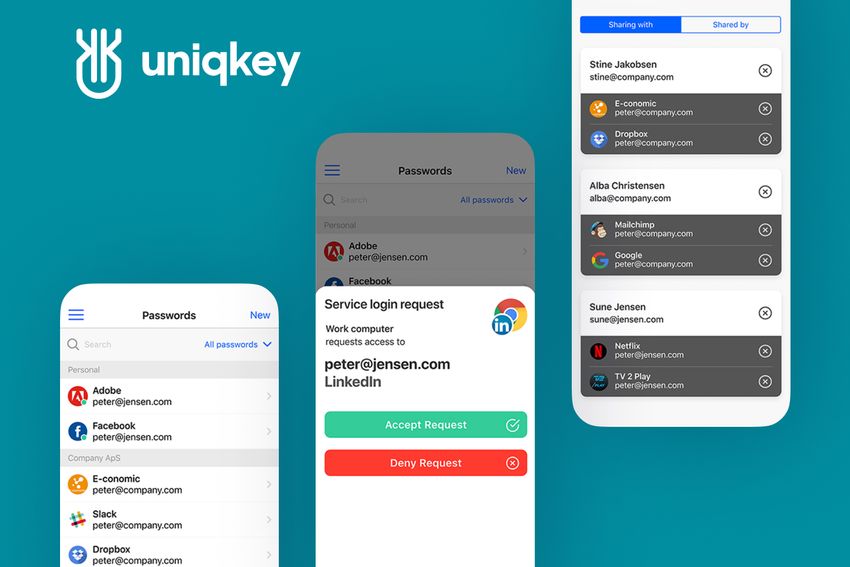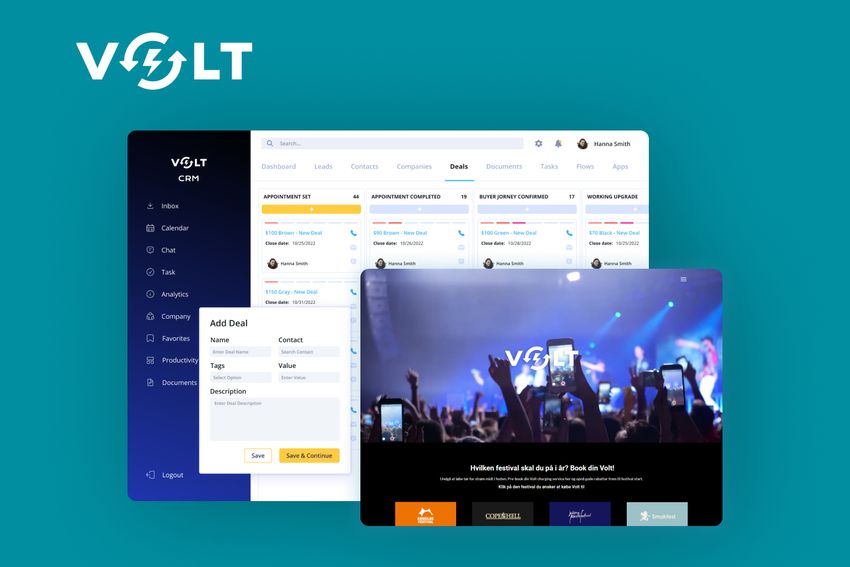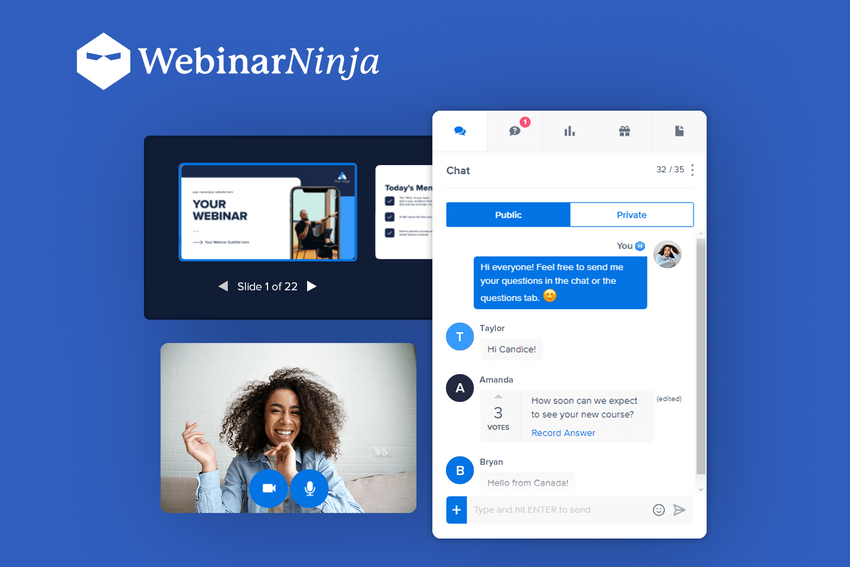11 Enterprise Resource Planning (ERP) Trends for 2024
11 amazing ERP trends to follow this year and beyond.
Enterprise Resource Planning (ERP) systems have become indispensable components of contemporary enterprises, allowing organizations to optimize their operations, improve productivity, and achieve a competitive advantage. As technology continues to evolve, so do the trends surrounding ERP. In this article, we will explore 11 key ERP trends expected to shape the landscape in 2024, and how these trends will impact businesses.
ERP, which stands for Enterprise Resource Planning, encompasses a collection of integrated software applications specifically created to manage and automate diverse business functions, encompassing finance, supply chain, human resources, and customer relationship management. ERP systems provide organizations with a centralized platform to streamline processes, improve data management, and make informed decisions. Staying updated with the latest ERP trends is crucial for businesses to leverage the full potential of these systems and stay ahead in the dynamic marketplace.
ERP Trends in 2024
The coming years are expected to witness significant advancements and transformations in the ERP landscape. Let's delve into the 11 key ERP trends that will shape the industry in 2024 and explore their implications for businesses.
Future Trends in ERP
The future of ERP is set to be characterized by continuous innovation and adaptation to meet the evolving needs of businesses. Intelligent cloud-based ERP solutions like SAP S/4HANA will gain prominence, offering increased flexibility, scalability, and cost-effectiveness. Organizations will move towards software-as-a-service (SaaS) models, leveraging the benefits of cloud infrastructure for seamless accessibility, data security, and simplified maintenance.
Moreover, emerging technologies such as the Internet of Things (IoT), artificial intelligence (AI), and machine learning will be integrated into ERP systems. IoT devices will enable real-time data collection, enhancing supply chain visibility and enabling proactive decision-making. AI and machine learning algorithms will empower ERP systems to automate repetitive tasks, analyze vast amounts of data, and provide predictive insights, facilitating data-driven decision-making.
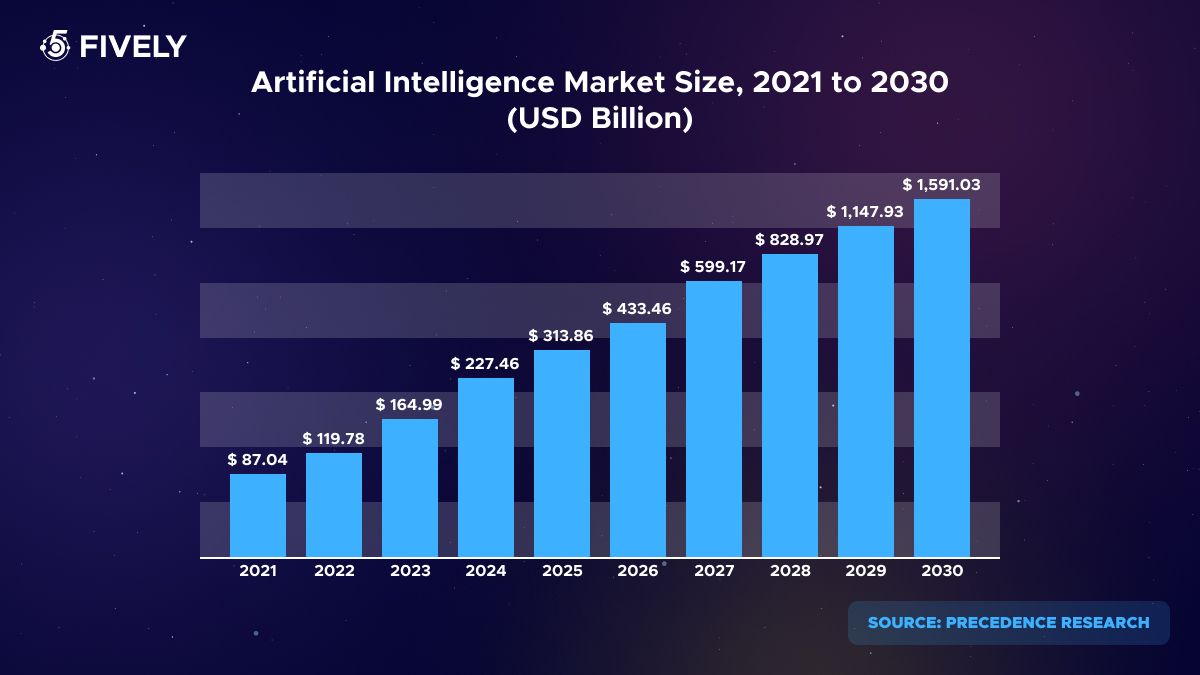
ERP Technology Trends: Real-Time Data
Advancements in technology will revolutionize ERP systems. Automation and digitization will play a pivotal role in streamlining business processes and reducing manual efforts. Robotic Process Automation (RPA) will be increasingly employed to automate repetitive tasks, freeing up employees to focus on more strategic activities. Data visualization tools will enable users to interpret complex data sets easily, empowering them to make faster and more accurate decisions.
Additionally, real-time data integration, analytics, and system integration development will become a cornerstone of ERP technology. Organizations will harness the power of real-time data to gain actionable insights, monitor performance, and respond swiftly to changing market dynamics. This will facilitate proactive planning, enhance resource allocation, and enhance operational efficiency.
ERP Software Trends
In the realm of ERP software, customization and scalability will be critical. Businesses operate in diverse industries, each with its unique requirements.ERP solutions will prioritize offering industry-specific functionalities and customization options to meet the specific requirements of organizations. This tailored approach will enable businesses to align their ERP systems with their workflows and processes effectively.
Another significant trend is the emphasis on user experience. ERP vendors will strive to create intuitive interfaces that are user-friendly and require minimal training. The aim is to enhance user adoption and engagement, allowing employees at all levels to leverage the ERP system effectively. Intuitive interfaces will empower users to navigate through various modules, access relevant data, and perform tasks efficiently.
Cloud ERP Tendencies
The adoption of cloud-based ERP solutions will continue to soar in the coming years. Cloud ERP offers several advantages over traditional on-premises deployments. Firstly, this modern FinTech software provides businesses with the flexibility to access ERP functionalities from anywhere, at any time, using any device with an internet connection. This mobility facilitates remote work, improves collaboration, and enables employees to stay productive even outside the office environment.
Secondly, cloud ERP eliminates the need for significant upfront investments in hardware and infrastructure. It operates on a subscription-based model, where organizations pay for the services they utilize. This significantly reduces initial costs and allows businesses to scale their ERP systems as they grow. Cloud ERP providers also handle system maintenance, upgrades, and data backups, relieving organizations from the burden of managing these aspects.
ERP Industry Trends
The ERP industry itself is undergoing significant changes, driven by digital transformation initiatives across various sectors. Organizations are increasingly adopting industry-specific ERP solutions that cater to the unique needs and compliance requirements of their respective sectors. Whether it's manufacturing, healthcare, eCommerce development, or finance, industry-specific ERP systems provide tailored functionalities, standardized processes, and specialized reporting capabilities.
Digital transformation is causing a shift in how organizations approach the implementation of ERP, and integrating ERP with other business systems like customer relationship management (CRM) and supply chain management (SCM) is becoming increasingly crucial for comprehensive process optimization. By connecting these systems, businesses can achieve seamless data flow, enhance collaboration between departments, and gain a unified view of their operations.
Furthermore, ERP is playing a pivotal role in enabling digital innovation and driving business growth. As companies embrace emerging technologies like AI, IoT, and data analytics, ERP systems serve as the backbone for collecting and analyzing real-time data. This approach driven by data empowers organizations to enhance customer experience, optimize business processes, and discover new opportunities for growth and efficiency.
Future Tendencies in ERP Systems
Looking ahead, the future of ERP systems is promising. These systems will continue to evolve, adapting to the changing business landscape and technological advancements. Integration with emerging technologies, such as blockchain and augmented reality, will facilitate organizations in enhancing their operational efficiency and gaining a competitive advantage.
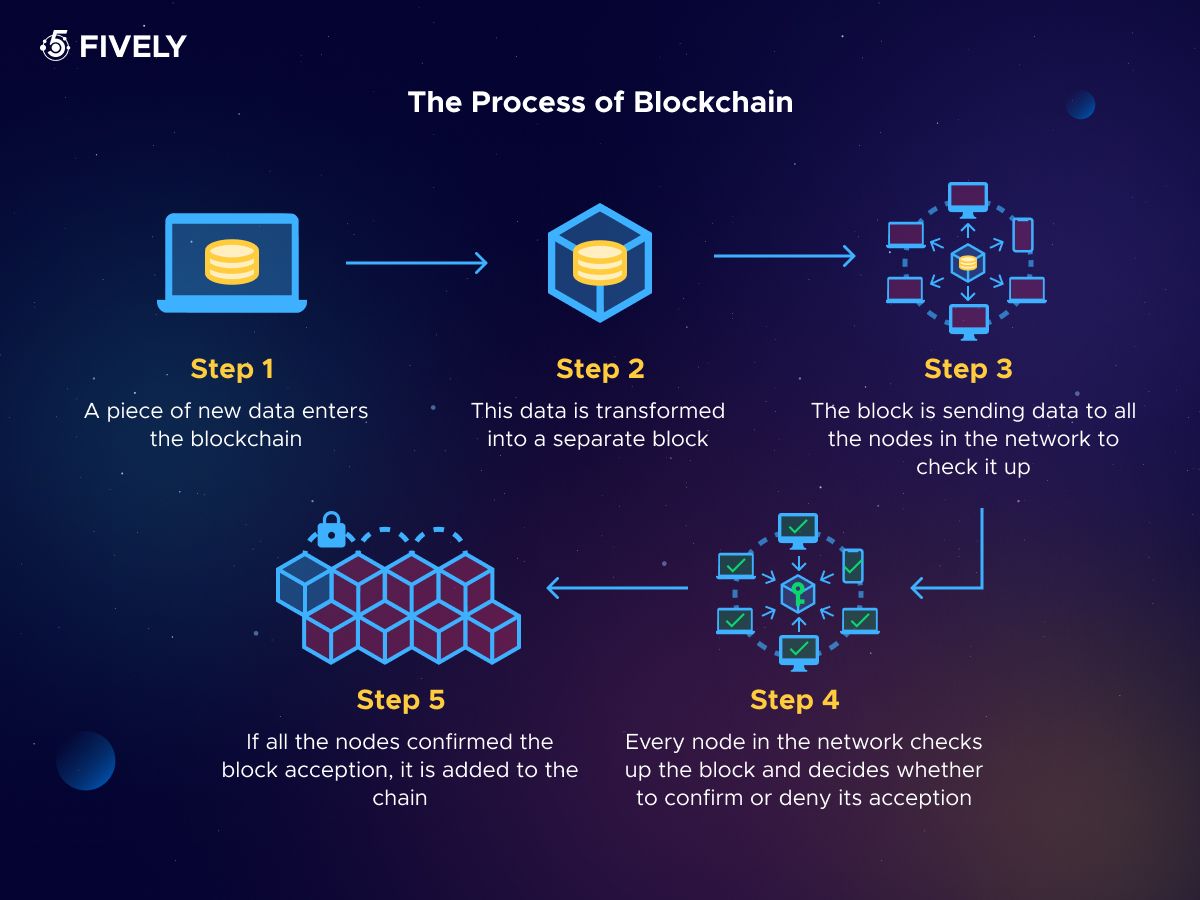
The future ERP systems will offer enhanced functionality and adaptability. They will be designed in a way that allows seamless integration with other enterprise applications and offers comprehensive solutions for end-to-end business processes. The focus will be on delivering a unified user experience, where employees can access and interact with ERP data and functionalities through intuitive interfaces and mobile applications.
Current Trends in ERP
In the present scenario, several trends are shaping the ERP landscape. Mobile ERP applications are becoming increasingly popular, allowing users to conveniently access vital business information and carry out tasks while on the move. With the increasing reliance on smartphones and tablets, mobile ERP empowers employees to stay connected and productive, regardless of their physical location.
Additionally, ERP systems are incorporating social and collaborative features. Businesses recognize the value of collaboration and knowledge sharing among employees. ERP platforms are integrating web portals and social media-like functionalities, such as chat, discussion forums, and document sharing, to foster collaboration, improve communication, and facilitate better teamwork within organizations.
Popular Movements in ERP
Among the top trends dominating the ERP market, automation takes center stage. Businesses are actively pursuing intelligent workflows and automated processes in order to streamline their operations. Robotic Process Automation (RPA) and intelligent bots are being integrated with ERP systems to automate repetitive and rule-based tasks, reducing manual efforts and improving efficiency.
Cloud-based ERP solutions continue to gain popularity due to their scalability, cost-effectiveness, and accessibility. Organizations are opting for cloud deployments to eliminate the need for on-premises infrastructure, reduce IT maintenance costs, and enable seamless upgrades and updates. The agility offered by the cloud enables businesses to rapidly adjust to evolving business requirements and effectively scale their operations when necessary.
Trends in ERP: Empowering Businesses for Success
When analyzing the overall trends in ERP, it becomes apparent that real-time data analytics and reporting are becoming essential for businesses. Organizations require instant access to accurate and actionable data to make informed decisions.ERP systems are undergoing evolution to offer extensive capabilities for data analytics, empowering businesses to acquire valuable insights, recognize trends, and make decisions based on data.
Integration with other business systems, such as CRM and SCM, is a key trend as well. ERP systems are no longer standalone solutions but are integrated with other applications to ensure seamless data flow and process optimization. This integration breaks down silos, improves collaboration between departments, and enables a holistic view of the entire business ecosystem.
Trends of ERP and Ever-Changing Business Landscape
The trends of ERP reflect the changing landscape of business operations and technology. ERP systems are no longer seen as monolithic solutions but as modular and scalable platforms. Businesses are adopting flexible ERP solutions that allow them to add or remove functionalities as needed, providing agility and adaptability to evolving business requirements.
Another trend is the focus on enterprise resource planning solutions tailored to specific industries. Different sectors have unique requirements and compliance standards. ERP vendors are developing industry-specific modules and functionalities to meet the specific needs of businesses operating in manufacturing, healthcare, retail, and other sectors. This tailored approach ensures that organizations can effectively address the industry-specific challenges they face and optimize their processes accordingly.
Trends in Enterprise Software
The intersection of ERP and enterprise software is witnessing significant trends. Integration and interoperability are key focus areas, as businesses seek seamless connectivity between different software applications. Like many other SaaS applications, modern ERP systems are being designed to integrate smoothly with customer relationship management (CRM), supply chain management (SCM), and other enterprise software, enabling data exchange and improving overall operational efficiency.
Moreover, ERP plays a crucial role in driving digital transformation initiatives. As businesses undergo digital transformations, ERP systems are evolving to support and facilitate these changes. The focus is on leveraging ERP as a central hub for data and processes, enabling businesses to automate workflows, harness real-time insights, and enhance customer experiences.
Conclusion
As we enter 2024, keeping up with the latest ERP trends is crucial for businesses to stay competitive in the ever-evolving landscape. Cloud-based ERP solutions, integration with emerging technologies, customization for specific industries, and enhanced user experiences are among the key trends shaping the future of ERP.
By leveraging these trends, organizations can unlock the full potential of their ERP systems, streamline operations, improve decision-making, and drive business growth. By embracing digital transformation, maintaining agility, and adopting modern ERP systems, businesses will be positioned at the forefront of innovation and equipped to stay ahead in the dynamic business environment.
Author Bio:
Scott Derosa is an SAP professional with 10+ years of experience in providing consulting for SAP solutions to his clients. With a knack for technology, he loves to write on the latest SAP developments and share his knowledge with the readers.
Need Help With A Project?
Drop us a line, let’s arrange a discussion
Frequently Asked Questions
Enterprise Resource Planning (ERP) refers to a suite of integrated software applications designed to manage and automate various business functions, including finance, supply chain, human resources, and customer relationship management. ERP systems provide organizations with a centralized platform to streamline processes, improve data management, and make informed decisions.
The key ERP trends expected in 2024 include the prominence of intelligent cloud-based ERP solutions like SAP S/4HANA, the integration of emerging technologies such as IoT, AI, and machine learning into ERP systems, advancements in automation and digitization, real-time data integration and analytics, customization and scalability in ERP software, increased adoption of cloud-based ERP solutions, industry-specific ERP solutions, integration with other business systems, and the empowerment of businesses through data-driven decision-making.
Cloud-based ERP solutions offer several advantages for businesses. They provide flexibility, allowing users to access ERP functionalities from anywhere, at any time, using any device with an internet connection. Cloud ERP facilitates remote work, improves collaboration, and enables employees to stay productive even outside the office environment. Additionally, cloud ERP eliminates the need for significant upfront investments in hardware and infrastructure, operates on a subscription-based model, reduces initial costs, allows businesses to scale their ERP systems, and relieves organizations from the burden of system maintenance, upgrades, and data backups.
Customization and scalability are crucial in ERP software. Businesses operate in diverse industries with unique requirements. ERP solutions that offer industry-specific functionalities and customization options enable businesses to align their ERP systems with their workflows and processes effectively. This tailored approach improves efficiency and optimizes resource allocation. Additionally, scalability allows businesses to expand their ERP systems as they grow, ensuring the software can accommodate increasing data volumes and user demands.
ERP systems play a pivotal role in enabling digital transformation initiatives. By integrating with other business systems, such as CRM and SCM, ERP systems ensure seamless data flow, improve collaboration between departments, and provide a unified view of operations. This integration breaks down silos, enhances operational efficiency, and optimizes processes. Furthermore, ERP systems serve as the backbone for collecting and analyzing real-time data, empowering organizations to improve customer experiences, optimize business processes, and identify new opportunities for growth and efficiency.




